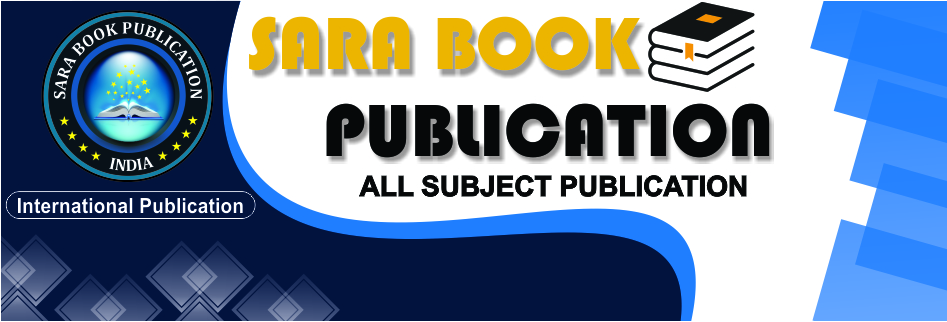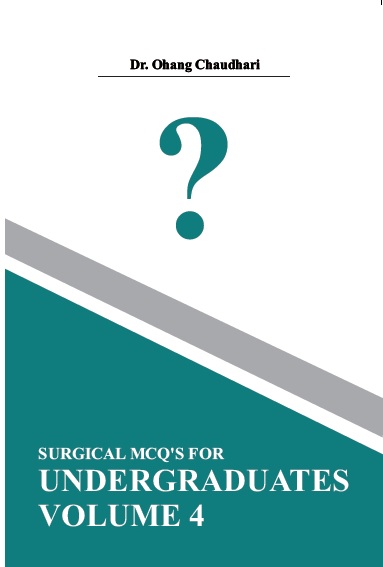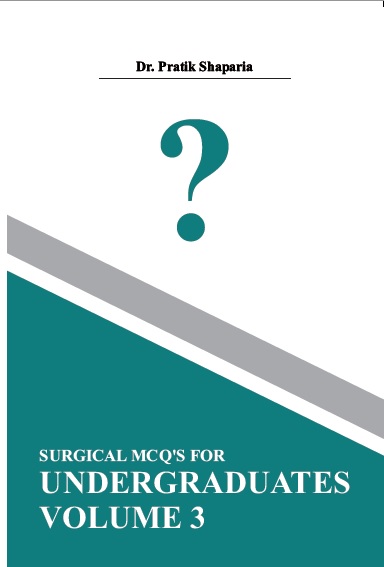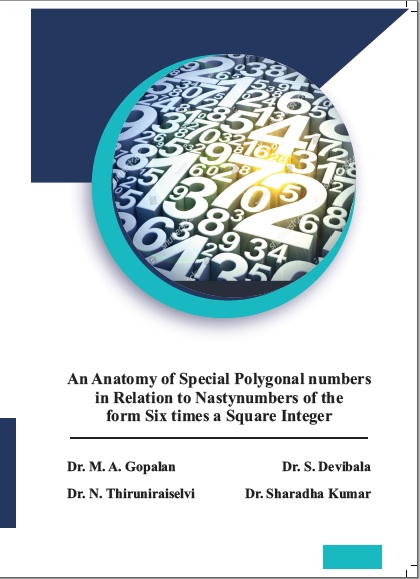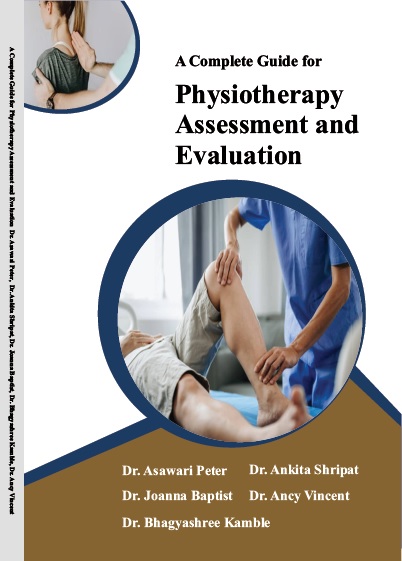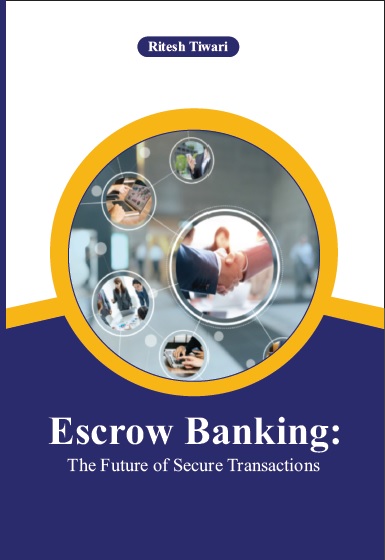SOCIAL SCIENCE AND HUMANITIES
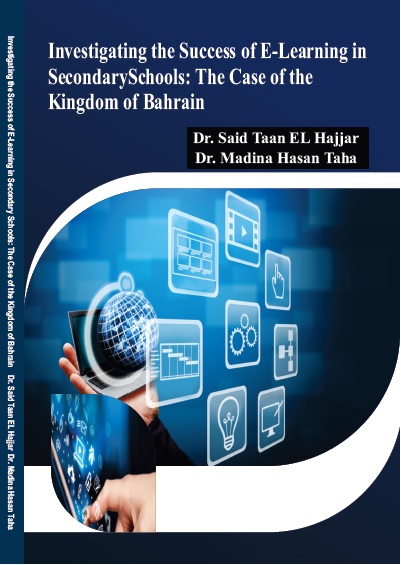
Investigating The Success Of E-learning In Secondary Schools: The Case Of The Kingdom Of Bahrain
by Dr. Said Taan EL Hajjar
ISBN Number : 978- 1-63040- 941-8
Authors Details
| Author Name | Image | About Author |
|---|---|---|
| Dr. Said Taan EL Hajjar |  |
Born in Chhim , Lebanon, in 1969, Dr. Said EL Hajjar had his undergraduate
studies at the American University of Beirut (AUB) and graduated in the field of
Sciences( BS in Mathematics), and in the field of Education ( Teaching Diploma)
in 1991. He completed his Master degree in 2002 with honor rank in statistics at
the Arts, Science & Technology University of Lebanon (AUL), and obtained his
Ph.D. in 2005 from the American University of Hawaii. Dr. Said is an associate
professor at Ahlia University in the Kingdom of Bahrain. Dr. El Hajjar won the
Outstanding Scientist Award in the statistics field, VIFRA 2015. He supervised
several MBA students at Ahlia University, and several PhD students at Brunel
University, UK. As a statistician, Dr. EL Hajjar got an excellent experience in
using software for Data Analysis, such as SPSS, Amos, PHSTAT2,… This experience made him expert in
testing any conceptual model for any field. He immersed himself in conducting research in chosen area of
specialization; Dr. EL Hajjar so far published more than 24 papers in national and international journals and
conferences. He participated in many international conferences throughout the world and chaired many
technical sessions. He participated in many workshops. Certificates of Awards and laurels won by Dr. EL
Hajjar run into volumes. So far he received 37 Certificates' Awards. Dr. Said published several books in
mathematics and statistics for higher institutions. |
Book Description
As a result of the advances in information and communication technology, E-Learning has been integrated as an essential element in educational settings. Despite its successful implementation, a significant number of E-Learning projects fail to achieve their goals. This has motivated researchers and practitioners to study the reasons for failure and success and the factors that impact E-Learning. This research attempts to investigate the factors that influence the implementation and development of E-Learning and the most appropriate framework for secondary schools in Bahrain. The research adopted a quantitative approach to examine both teachers' and students' perceptions of critical factors in secondary schools in the Kingdom of Bahrain. A total of 540 respondents completed the survey-based questionnaire. The results revealed that there are four sets of factors which influence the success of E-Learning in the school education sector. These are: students' characteristics (computers skills; motivation and attitudes); teachers' characteristics (attitudes; control of technology and pedagogy and teaching style); technology (quality of technology and effectiveness of infrastructure) and design and content (perceived ease of use and quality of content). In addition, the findings show that there are some differences in perceptions amongst teachers according to gender, specialization, teaching experience and E-Learning experience. Similarly, the findings show that there are some differences in perceptions amongst students according to gender, specialization and level of study (years in school). The main contribution of this research is that it addresses the success of E-Learning in the schools sector in Bahrain and in the Arab region as this area of research lacks theoretical and empirical studies. In addition, the research proposes a conceptual framework that integrates the critical factors and demographic variables. The proposed conceptual framework contributes to the knowledge of E-Learning success by creating a guide for educational institutions and governments for better development and implementation, serving as a planning tool for new E-Learning projects and as an assessment mode for the efficacy of existing projects.




